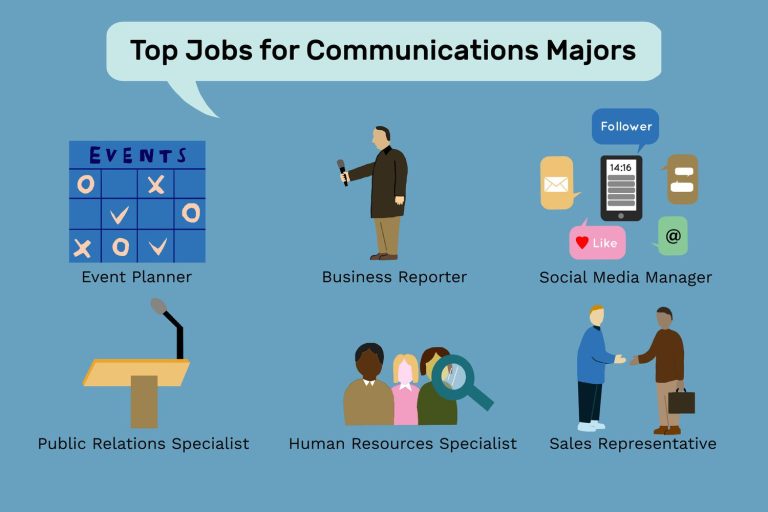Why Should You Never Work for Free? Discover the Hidden Costs
Working for free can seem tempting at times. But it has hidden drawbacks.
Many professionals face requests to work without pay. This might come from friends, family, or potential clients. But accepting such offers can harm your career. It can affect your self-worth and future earnings. Working for free often leads to undervaluation of your skills.
It may also set a bad precedent, making it hard to charge for your work later. In the long run, you may end up frustrated and overworked. It’s crucial to know your value and demand fair compensation. This helps ensure respect and sustainable success in your field.
Economic Impact
Working for free might seem like a good idea at first. But it has a lasting economic impact. It affects your income and the market value of your work.
Income Loss
Not getting paid means you miss out on income. This can affect your daily expenses. You need money for food, rent, and bills. Working for free makes it hard to cover these costs. Your time is valuable. You deserve to be paid for your work.
Market Devaluation
Working for free lowers the value of your industry. It sets a bad example. Others may expect free work from you and your peers. This hurts everyone in your field. Paid work should be the standard. It ensures fair compensation for all.

Credit: iaincameron.dk
Psychological Effects
Working for free can harm your self-worth and motivation. It leads to burnout and undervaluation of your skills. Respect your time and expertise.
The psychological effects of working for free can be profound and often underestimated. While it might seem like a noble gesture or a way to gain experience, the impact on your mental health can be severe. Let’s dive into the specific psychological toll it can take on you.Stress And Burnout
Working for free can lead to immense stress. You might feel pressured to prove your worth, leading to overworking and exhaustion. Imagine constantly juggling unpaid work with other responsibilities. This can quickly drain your energy and leave you feeling overwhelmed. Burnout becomes a real threat. Without proper compensation, you might lack motivation, pushing yourself harder to justify your efforts. This can result in mental fatigue and reduced productivity.Reduced Self-worth
When you work for free, it can diminish your self-worth. You might start questioning your value and skills. Feeling undervalued can affect your confidence. You might wonder if your work is truly appreciated or if you’re taken advantage of. Think about the times you’ve put in hours of effort without any reward. This can make you feel less important and demotivated, impacting your overall self-esteem. How do you feel when your hard work goes unnoticed? It’s crucial to recognize your worth and demand fair compensation to maintain a healthy mindset. Remember, working for free is not just about the lack of monetary reward. It’s about preserving your mental health, self-worth, and overall well-being.Professional Reputation
Working for free can harm your professional reputation. Offering your skills without charge may undervalue your expertise. Always ensure fair compensation for your work.
### Professional Reputation Your professional reputation is a precious asset. It’s built on the quality of your work and how you value your skills. Working for free can impact this reputation negatively.Perception Of Value
When you work for free, clients may perceive your skills as less valuable. If you don’t put a price on your work, why should they? Imagine a client who gets free work and then tells others. Soon, more people will expect free services from you. This undercuts your worth in the market.Client Expectations
Offering free services sets a dangerous precedent. Clients will expect the same or even more for nothing in the future. I once agreed to a free project for a friend. Later, they kept asking for free updates and additions. It became difficult to say no, and the workload grew. Working for free can also lead to scope creep. Clients may start demanding more than initially agreed upon, knowing you won’t charge them. This can lead to frustration and burnout. Why should you put yourself in this position? Value your work and charge for it. This sets clear boundaries and ensures clients respect your time and effort.Opportunities Lost
When you work for free, you might think you’re gaining experience or building your portfolio. But in reality, you’re sacrificing valuable opportunities. Opportunities that could lead to paid work, networking, and professional growth.
Missed Paid Work
Imagine spending hours working on a project for free. During that time, you could have been working on a paid project instead. This means you’re missing out on income that you could use to support yourself or invest in your career.
Every hour you spend working for free is an hour you could have spent earning money. It’s also time taken away from seeking out paid opportunities. This lost income adds up over time, impacting your financial stability and career progress.
Networking And Growth
Working for free can often mean you’re not interacting with professionals who value your work. Paid work usually involves dealing with clients or companies that recognize and appreciate your skills. This can lead to valuable networking opportunities.
Networking with paying clients can open doors to more lucrative projects. These connections can lead to recommendations and referrals, helping you grow your business or career. Free work rarely offers these benefits.
Think about the growth you miss out on when you work for free. Paid projects often come with higher expectations, pushing you to improve your skills and deliver better results. This kind of growth is essential for long-term career success.
Have you ever turned down paid work because you were too busy with a free project? How did it affect your career? Share your experiences in the comments below!
Legal Considerations
Working for free can have serious legal implications. It’s essential to understand the legal considerations before agreeing to unpaid work. This ensures you are protected and your rights are respected.
Labor Laws
Labor laws protect workers’ rights. These laws ensure fair wages and safe working conditions. Working for free may violate these laws. Employers must comply with minimum wage regulations. Ignoring this can lead to legal trouble for both parties.
Contractual Obligations
A contract outlines the terms of employment. It specifies duties, payment, and duration. Working without a contract can leave you vulnerable. You may not have legal recourse if disputes arise. Always have a clear, written agreement.

Credit: medium.com
Alternatives To Working For Free
Working for free can be tempting. Yet, there are better ways to gain experience. Exploring alternatives can help you grow while respecting your time and skills. Consider these options instead of working for free.
Barter And Trade
Bartering involves exchanging services with another professional. You offer your skills, and they provide theirs. This way, both parties benefit without spending money. For example, a graphic designer could create a logo for a web developer. In return, the web developer could build a website for the graphic designer. This approach values everyone’s work equally.
Pro Bono With Purpose
Pro bono work means offering your services for free. But, do it with a clear purpose. Choose projects that align with your values or long-term goals. Working with non-profits or charities can provide valuable experience. It also helps you build a strong portfolio. Ensure the work you do is meaningful and adds to your skills.
Credit: jobs.washingtonpost.com
Frequently Asked Questions
Why Shouldn’t You Work For Free?
Working for free devalues your skills and time. It sets unrealistic expectations and undermines professional standards.
How Do I Professionally Say I Don’t Work For Free?
I appreciate the opportunity. My services come with a fee, as I dedicate my time and expertise.
Why Is Working For Free Illegal?
Working for free is illegal because it violates labor laws, which ensure fair wages and protect workers’ rights.
Why Shouldn’t You Take A Job Just For The Money?
Taking a job just for the money can lead to dissatisfaction. Passion and interest drive long-term success and happiness.
Conclusion
Working for free often undervalues your skills and time. It can lead to burnout and resentment. Fair compensation reflects your worth and efforts. Establishing boundaries sets professional standards. It ensures mutual respect in the workplace. Remember, your expertise deserves recognition.
Charge what you’re worth. Avoid the trap of unpaid labor. Prioritize your financial and mental well-being. Respect yourself and your work.

